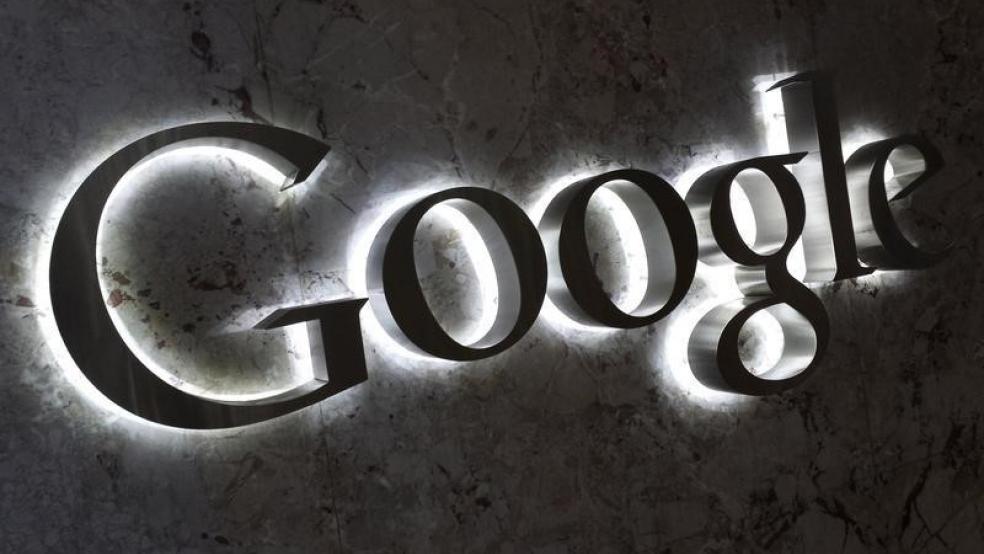This week, in what seems an especially protracted death rattle, Google announced that it would decouple its extremely unpopular social network, Google Plus, from its extremely popular video service, YouTube. While Google Plus is still up and running, this is the clearest sign yet that the search giant will no longer push the social network onto users -- and that Google Plus is not a viable competitor to Facebook.
That Google Plus would be unable to overtake Facebook was obvious almost immediately when it was launched in 2011, and the fact that it would be unable to be even a competitor was clear not long after. So why didn’t it work and why did Google keep trying for so long to make it happen?
Related: Why Google Keeps Struggling Against Facebook
For the most part, Google Plus arrived to the party much too late. The service went live a full half decade after Facebook opened access to anyone over 13 with a valid email address, rolling out just as social media was losing its sense of edgy cool and becoming a repository for cat and baby pictures. People were already tiring of the social media account they had had for years.
For the first generation of users, the voyeuristic thrill of Facebook was long gone. Everyone knew what happened to their high school girlfriend, and it wasn’t that interesting. For the second generation, the traps were already obvious: Facebook was a place for their parents to monitor their activities. The current generation already regards Facebook as yesterday’s news, having moved on to safer, edgier, flashier and, of course, mobile-first social networks.
While many people think of the newsfeed feature as the heart and soul of Facebook, the social network has developed a whole range of new capabilities -- and it was these new features that were actually Google’s target.
Related: Now Facebook Wants to Know Where You Buy Your Toothpaste
It is often difficult to see sweeping changes when you are the middle of them, but it’s becoming clearer that the digital revolution could be as drastic a change to our day-to-day lives as the Industrial Revolution was to our forefathers. As more and more of our interactions -- commercial, official and personal -- move into the online space, it becomes more obvious that we are creating a sort of online persona for ourselves, a digital “face” so to speak, and at present Facebook is winning the battle to control that reality.
If you think I’m overstating the case, consider that almost every website that has any sort of user interactivity (which due to the advertising demand of user engagement is basically all of them) allows you to login with your Facebook account. Services as diverse as Pandora, Seamless, Uber, Yelp and AirBnB offer that option. Media sites are increasingly exchanging the old method of registration and email collection for Facebook sign-ins.
Facebook has used its newfound power to create an advertising platform to rival Google’s omnipresent Adsense. Additionally, realizing that its days of being “cool” are over, Facebook has been attempting to rebrand itself as a sort of “relevance-based” version of Twitter, partnering with more and more media outlets to surface their stories. Increasingly, these same media outlets are becoming dependent on Facebook to drive traffic.
Related: Why ‘In a Relationship’ on Facebook Means More Than You Think
Of course, Google wanted all this for itself and tried to force the consumer’s hand by integrating its many popular and widely used features such as Gmail, Hangout and of course YouTube into the Google Plus platform. Users signed up, reluctantly and bitterly, but by and large they did the bare minimum rather than participate in the growth of an online community. Niche interest groups were able to take hold but they are the exceptions, not the rule.
Part of the problem for Google was that its efforts were so transparently self-interested. There was no actual value to the user to marry the network to YouTube, it was abundantly obvious this was a land grab. Generations raised with the Web are violently allergic to being marketed to and have zero interest in helping giants get even bigger.
So what now for Google? They are clearly in no trouble and are still the 800-pound gorilla on the Internet. But between the hubristic failure of Google Plus and the crash and burn of Google Glass, the sheen has definitely started wearing away.




